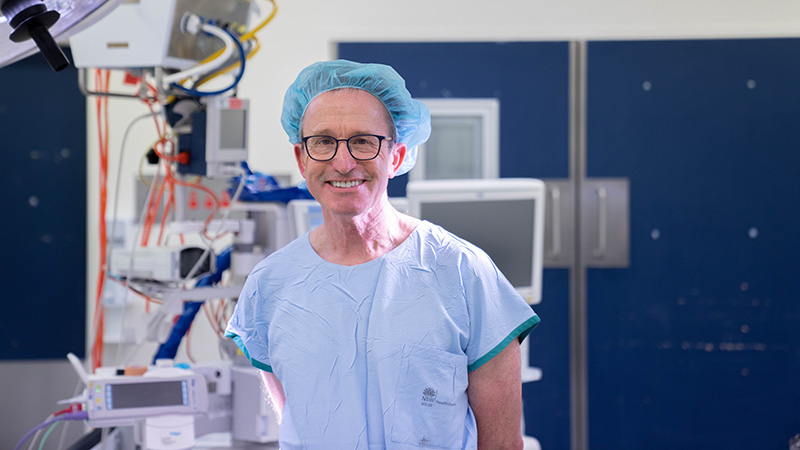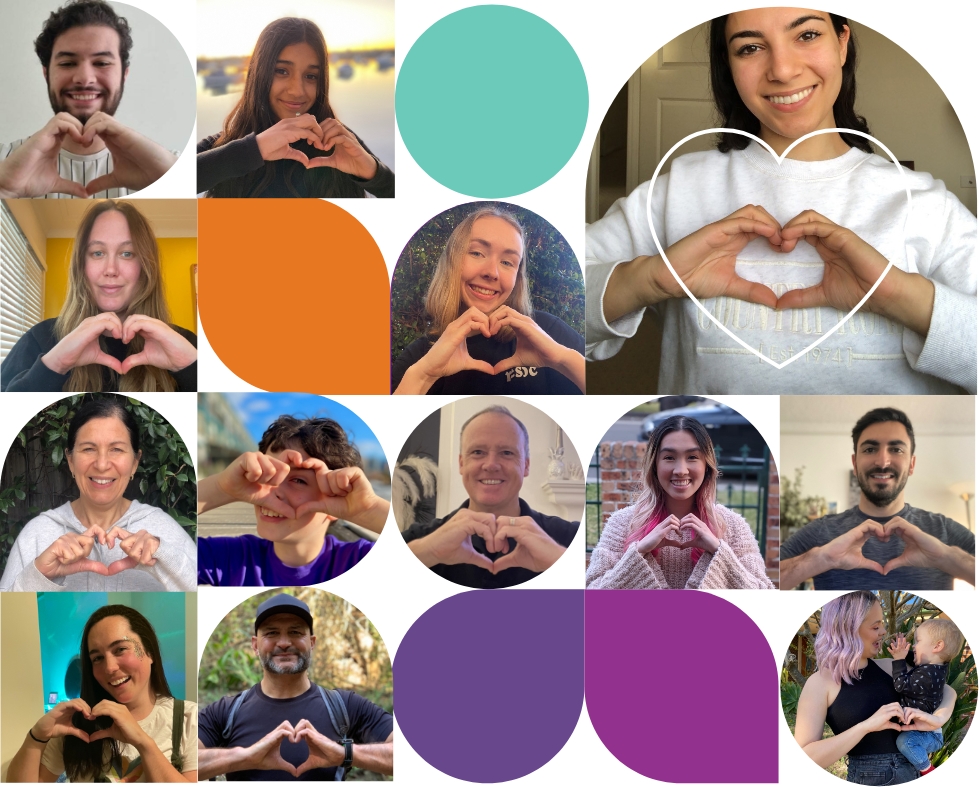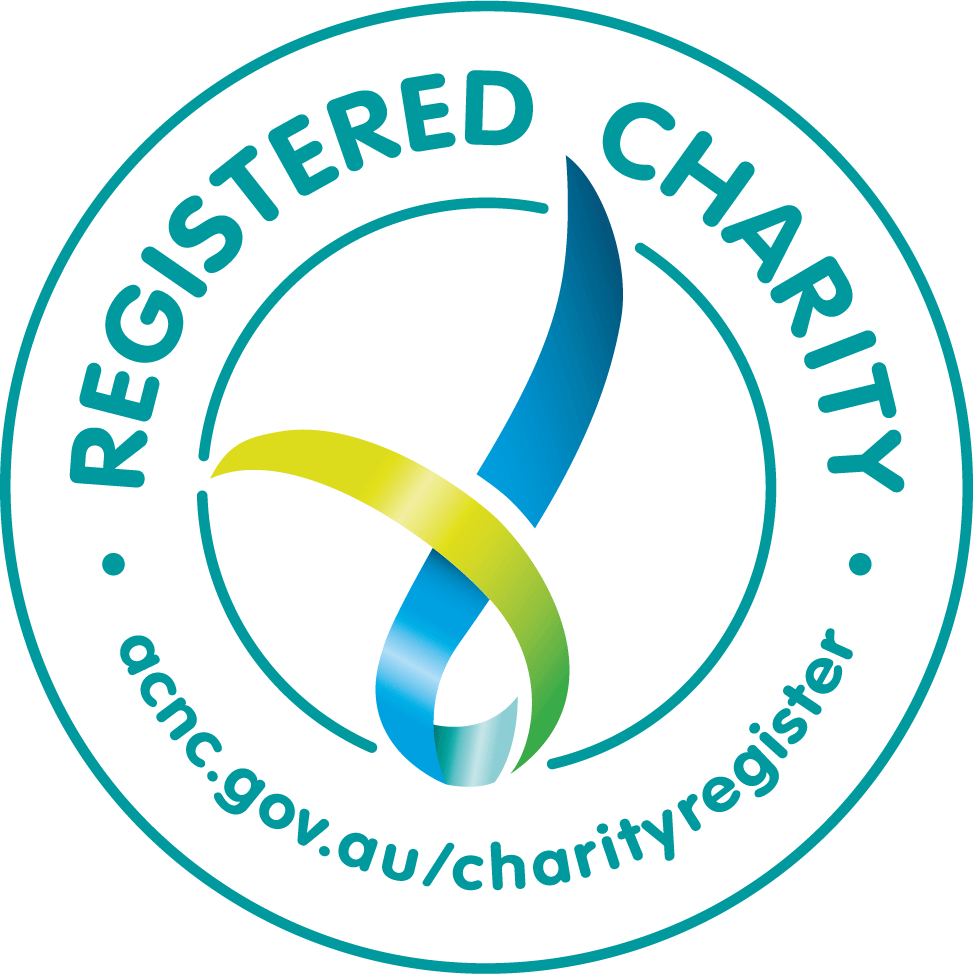Professor Chris Forrest is a Paediatric Plastic Surgeon at The Hospital for Sick Children (SickKids) in Toronto, and for the past year, part-time Sydney Sider. Thanks to philanthropic funding provided by Sydney Children’s Hospitals Foundation (SCHF), Professor Forrest relocated to Sydney in 2022 to help Sydney Children's Hospitals Network build local Australian expertise in this innovative and complex surgical field. He has dedicated his career to improving the lives of kids with craniofacial abnormalities medically, socially and aesthetically.
An international leader in Craniofacial Surgery and Head of the Division of Plastic Reconstructive Surgery at Sick Kids Hospital Toronto, Professor Forrest has shared incredible insights, strategies and processes with neurosurgeons and paediatric plastic surgeons across Sydney Children's Hospitals Network.
This training will enable clinicians to help children with conditions such as craniostynosis, where the sutures of the skull have fused prematurely. Babies are typically born with their skulls unfused, allowing space for the brain to grow. Fusing of the skull happens in stages, usually completely fusing around the age of seven when the brain has reached its adult size.

Pictured: Professor Chris Forrest and the Children's Hospital at Westmead team
Professor Forrest's services and formal training in new techniques and equipment have been instrumental in advancing the skills of the teams at both Sydney Children's Hospital, Randwick and The Children's Hospital at Westmead.
“If you look at the incidence of one in 2000 children being affected by this, that means in NSW, there are probably about 50 to 60 new children a year that would present to us with some form of craniosynostosis.”
The traditional techniques for treating craniosynostosis involve making a large incision across the top of the head, removing the bone and reshaping it. Over the last few years, Professor Forrest and his team have developed a technique that involves using smaller incisions to remove a strip of bone and make a new suture, allowing the brain to grow and moulding the shape of the child's head externally with helmets. This technique gives patients shorter recovery times and fewer adverse side effects, however, the surgery must be completed before the age of four months when skull bones become too stiff to be remodelled freely.
The helmets are supplied by the orthotics teams at Sydney Children's Hospital, Randwick and The Children's Hospital at Westmead.
Of the Orthotics departments, which have recently had a 3D printer funded by Sargents Pies Charitable Foundation through SCHF, to reduce the wait time and manual labour involved in making orthotics, Professor Forrest says, “we have a wonderful orthotics group at both Randwick and Westmead and they're trained to be able to fit the helmets appropriately. They're also trained to be able to provide care to the families, to know what to look for to make sure there aren't any pressure points or any issues with the helmet.”
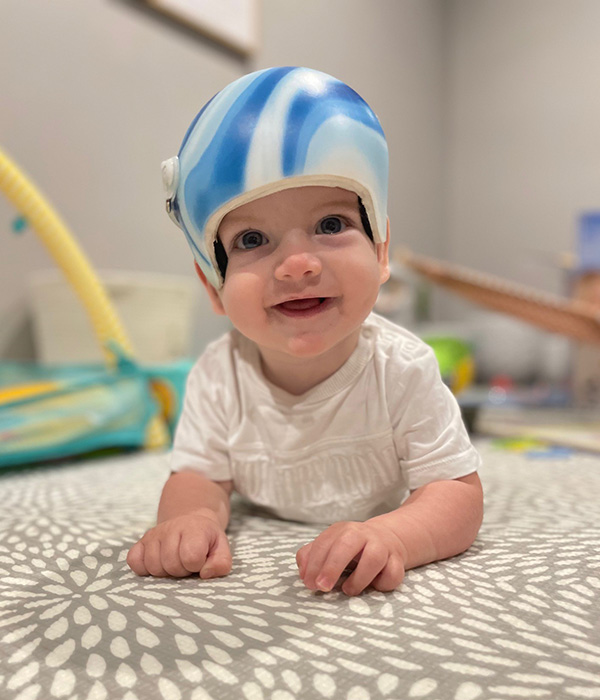
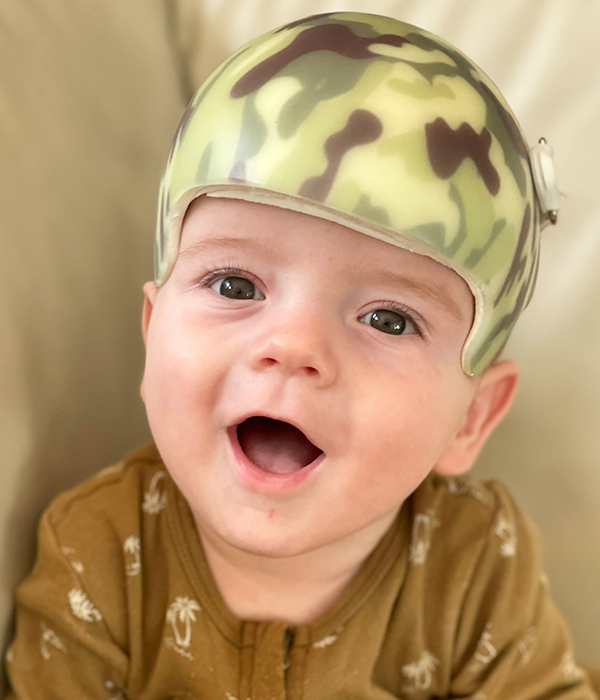
Pictured left to right: Jackson and Reuben
Despite coming from different families, babies like Jackson and Reuben have become medical brothers of sorts after going through their entire craniosynostosis treatment together, under the careful guidance of Professor Forrest. Their mothers Kayla and Hayley have bonded over their shared experience after being introduced by a mutual friend.
Hayley says, “Kayla and I are both from the Central Coast, and Jackson and Reuben had their Strip Craniectomy on the same day. When going through a challenging time, family and friends may sympathise, however, having someone else to engage with who is going through a similar journey to yours has been so invaluable, it has allowed us to share our experiences, provide reassurance and emotional support to each other.”
Kayla agreed, “Having Hayley to communicate with throughout the process has been so helpful... It has been so nice having someone else to speak to who is also on this journey alongside us. From asking 101 questions to each other to just having a shoulder to lean on and the whole process has been a lot less stressful knowing that we are not the only family dealing with this.”
Both boys have recovered well and are described as happy, sociable, and loving the attention their helmets have brought among family and friends.
Your generous donation to Sydney Children’s Hospitals Foundation can help bring more innovative treatments to Australia, helping change one kid’s life today and future-proofing the health of all kids tomorrow.


